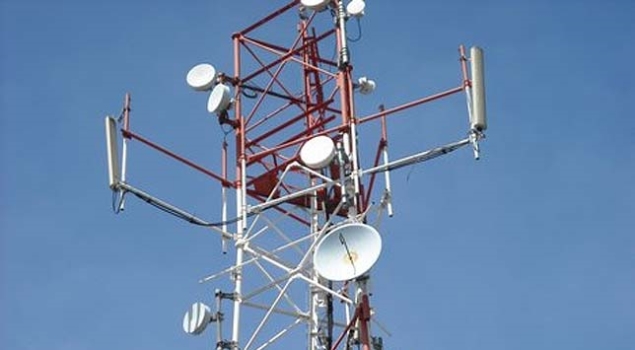DoT prepares six spectrum usage charge options for panel consideration: Report
Advertisement

The Department of Telecommunications (DoT) is likely to place before inter-ministerial panel Telecom Commission (TC) six different scenarios based on probable revenue impact for the exchequer, based on changes in annual fee to be paid by companies on spectrum usage.
The DoT committee, which examined the Telecom Regulatory Authority of India's (TRAI) recommendations, stated that after "deliberating on the matter [uniform spectrum usage charge] in totality, a revenue neutral SUC rate may be determined," sources said.
Levied annually by the government as a percentage of revenue earned by mobile operators from telecom services, SUC varies from 3-8 percent.
TRAI has recommended implementing a uniform SUC of 3 percent from April 1, 2014 and keeping the upper limit of SUC at 5 percent.
The uniform SUC, if implemented as per recommendations made by Telecom Regulatory Authority of India, will provide relief for mobile operators such as Airtel, Vodafone and Idea, but will increase rates for broadband wireless access (BWA) spectrum holders, including Reliance Jio Infocomm Ltd (RJIL).
Advertisement
The scenarios proposed to be placed before TC include acceptance of charging 3 percent SUC recommended by TRAI,starting with the purchase of airwaves in the upcoming auction. It is of the view that in this case there should be no change in existing slab rate if telecom companies buy additional spectrum.
Further, the upper slab rate under this scenario is 5 percent and SUC for BWA spectrum is raised to 3 percent from existing 1 percent, the DoT panel is learnt to have said.
Advertisement
If this option is accepted by government then revenue from six licences that are expiring in 2014 will be reduced to Rs. 226 crores from Rs. 426 crores that they paid in 2011-12 under the existing rates.
In other scenario, the DoT committee has suggested levying 3 percent SUC on spectrum being put for auction and fixing the upper limit at 6 percent without increasing SUC applicable on BWA airwaves.
Advertisement
Under this option, the SUC on BWA will be increased to 3 percent from 1 percent at present on any further acquisition of such airwaves, sources said.
If this goes through, the financial implication would remain same on the 6 licences expiring in 2014. However, revenue accruing to the government by increasing charges on BWA spectrum have not been estimated yet.
The third option worked out, a minor modification of the second scenario, is fixing the upper limit at 5 percent.
In the fourth option, the committee has suggested keeping SUC at 3 percent, BWA spectrum SUC at 1 percent and with other type of spectrum at 3 percent.
In the fifth scenario, the committee has suggested levying 3 percent SUC for standalone auctioned spectrum, a fee of 1 percent for BWA unless combined with other airwaves.
In the sixth scenario, the committee has suggested charging SUC at 5 percent on all spectrum including that acquired through auction.
Sources said the present revenue at 6 percent SUC slab rate is Rs. 1,370 crore, CAGR is 8.29 percent.
"Next year SUC at 5 percent is therefore Rs. 1,403 core but applying minimum SUC under third option would lead to companies pay SUC of Rs. 1,370 crore. Depending on the licence duration and rate of growth, the period required to bring SUC at prescribed rate to current level will vary," sources said.
However, sources said that all the options drawn up by the DoT can have legal implications which are being examined.
While GSM players like Airtel, Vodafone, Idea Cellular and Uninor have been demanding implementation of uniform SUC, RJIL has opposed any such move.
RJIL has opposed changes in existing SUC rates and said "any post facto deviation in auction rules which extends undue benefit to incumbent operators will not stand judicial scrutiny".For the latest tech news and reviews, follow Gadgets 360 on X, Facebook, WhatsApp, Threads and Google News. For the latest videos on gadgets and tech, subscribe to our YouTube channel. If you want to know everything about top influencers, follow our in-house Who'sThat360 on Instagram and YouTube.
Advertisement
